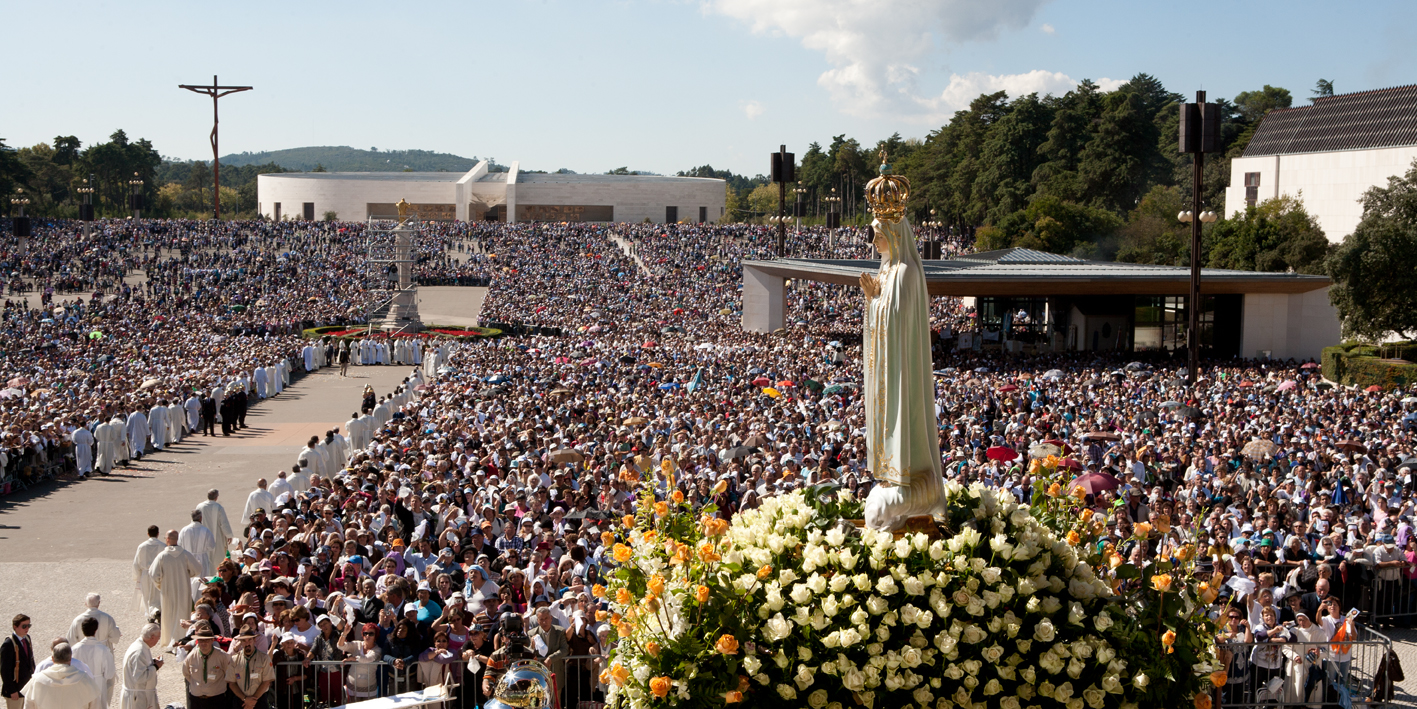The Omission that Haunts the Church — 1 Corinthians 11:27-29
In all the discussion that is happening over the Post-Synodal Apostolic Exhortation Amoris Laetitia, undoubtedly the question of who may or may not receive Holy Communion will remain at the forefront. In the Church today, many seem to be wholly unaware of the terrifying consequences of approaching the sacred banquet without being in a state of grace, that is to say, receiving the Eucharist in a state of mortal sin. Such a communion not only does not and cannot help us, it heaps punishment upon our souls and makes our stateworse than it was before.
It is St. Paul who first and most clearly teaches us this truth:
It is St. Paul who first and most clearly teaches us this truth:
Therefore whosoever shall eat this bread, or drink of the chalice of the Lord unworthily, shall be guilty of the Body and of the Blood of the Lord. But let a man prove himself; and so let him eat of that bread, and drink of the chalice. For he that eatheth and drinketh unworthily, eateth and drinketh judgment to himself, not discerning the Body of the Lord. (1 Cor 11:27–29).In his final encyclical, Ecclesia de Eucharistia, Pope John Paul II quotes St. John Chrysostom:
I too raise my voice, I beseech, beg and implore that no one draw near to this sacred table with a sullied and corrupt conscience. Such an act, in fact, can never be called “communion,” not even were we to touch the Lord’s body a thousand times over, but “condemnation,” “torment,” and “increase of punishment.”[1]READ...

 inundado por um mistério de luz que é Deus e N´Ele vi e ouvi -A ponta da lança como chama que se desprende, toca o eixo da terra, – Ela estremece: montanhas, cidades, vilas e aldeias com os seus moradores são sepultados. - O mar, os rios e as nuvens saem dos seus limites, transbordam, inundam e arrastam consigo num redemoinho, moradias e gente em número que não se pode contar , é a purificação do mundo pelo pecado em que se mergulha. - O ódio, a ambição provocam a guerra destruidora! - Depois senti no palpitar acelerado do coração e no meu espírito o eco duma voz suave que dizia: – No tempo, uma só Fé, um só Batismo, uma só Igreja, Santa, Católica, Apostólica: - Na eternidade, o Céu!
inundado por um mistério de luz que é Deus e N´Ele vi e ouvi -A ponta da lança como chama que se desprende, toca o eixo da terra, – Ela estremece: montanhas, cidades, vilas e aldeias com os seus moradores são sepultados. - O mar, os rios e as nuvens saem dos seus limites, transbordam, inundam e arrastam consigo num redemoinho, moradias e gente em número que não se pode contar , é a purificação do mundo pelo pecado em que se mergulha. - O ódio, a ambição provocam a guerra destruidora! - Depois senti no palpitar acelerado do coração e no meu espírito o eco duma voz suave que dizia: – No tempo, uma só Fé, um só Batismo, uma só Igreja, Santa, Católica, Apostólica: - Na eternidade, o Céu! 